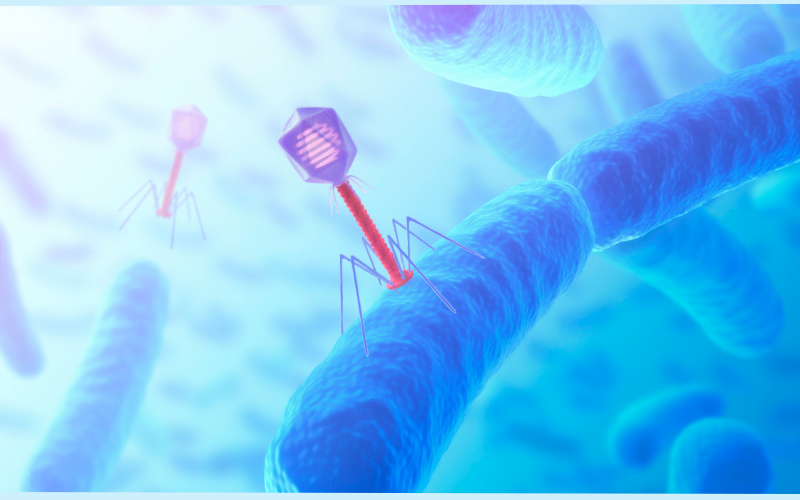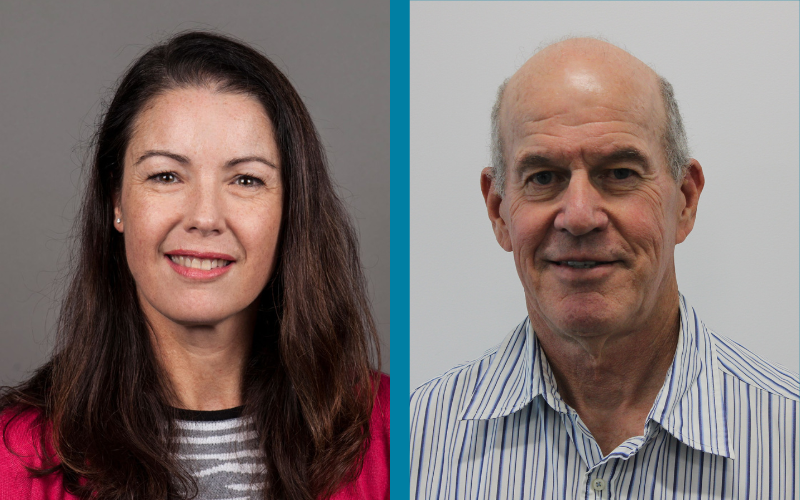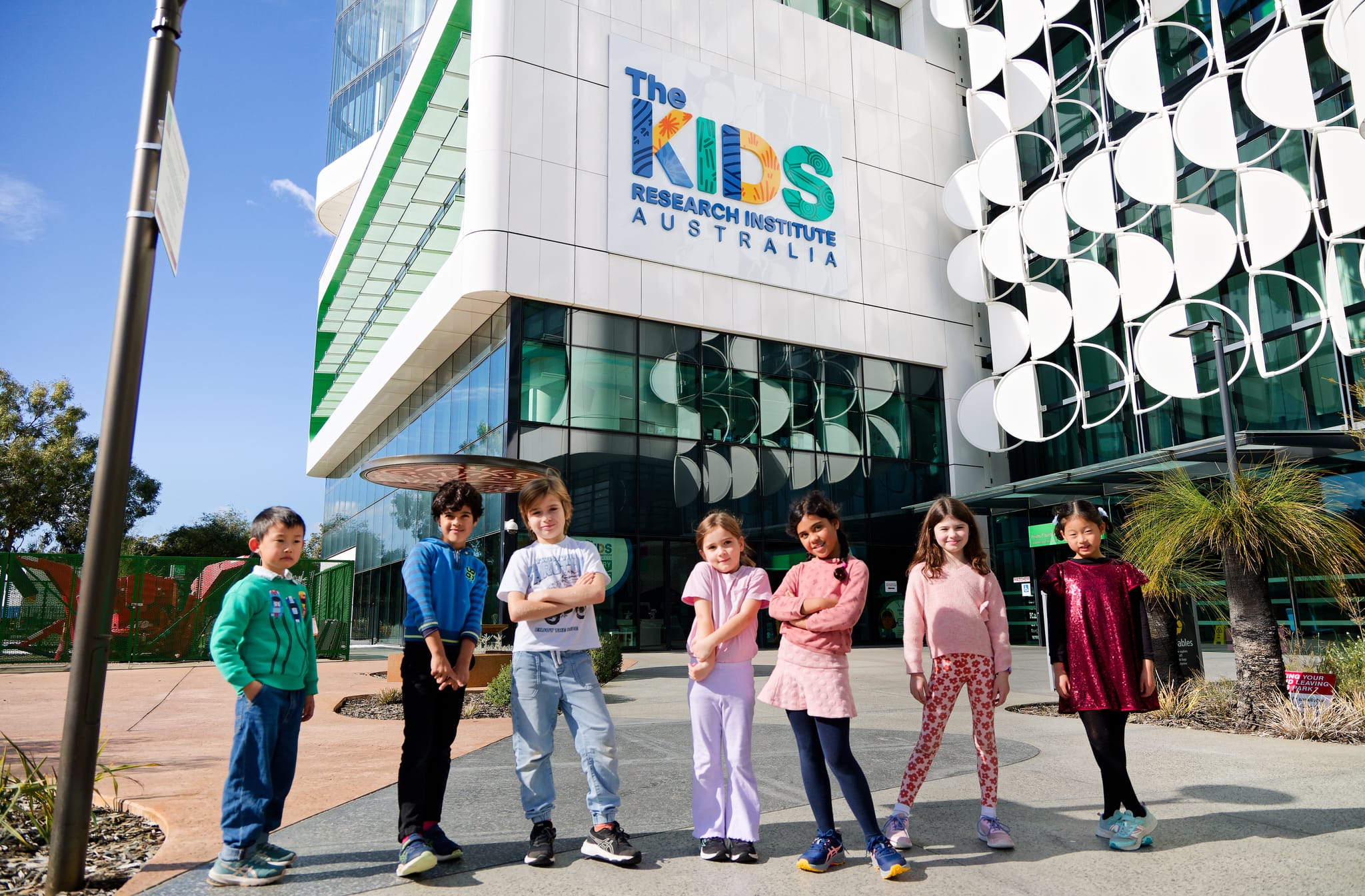Search

News & Events
Community engagement vital in battle against antimicrobial resistance: Wal-yan Centre to establish reference groupThe Wal-yan Respiratory Research Centre is seeking expressions of interest from Western Australians to join an Antimicrobial Resistance (AMR) Community Reference Group, to provide vital community perspectives on the research activities into this global health concern.

News & Events
Research to help identify which children will develop asthma and to design more specific asthma treatments supported by Federal Government fundingResearch focussed on identifying which children will develop asthma, and developing more specific asthma treatments, has been supported by the National Health and Medical Research Council’s (NHMRC) Ideas Grants announced by the Federal Government on 14 December 2022.

The Wal-yan Respiratory Research Centre is made up of multi-disciplinary teams that are committed to improving the lives of children and their families living with respiratory disease.

News & Events
Funding boost for groundbreaking child health researchResearchers from The Kids Research Institute Australia will share in almost $4 million in grants to continue groundbreaking research to tackle childhood cancer, asthma, respiratory viral infections and more.
Research
Role of Tris-CaEDTA as an adjuvant with nebulised tobramycin in cystic fibrosis patients with Pseudomonas aeruginosa lung infections: A randomised controlled trialWe tested if disrupting iron utilisation by P. aeruginosa by adding the Tris-buffered chelating agent CaEDTA to nebulised tobramycin would enhance bacterial clearance and improve lung function in CF patients.
Research
Phage therapy for multi-drug resistant respiratory tract infectionsThe emergence of multi-drug resistant (MDR) bacteria is recognised today as one of the greatest challenges to public health. As traditional antimicrobials are becoming ineffective and research into new antibiotics is diminishing, a number of alternative treatments for MDR bacteria have been receiving greater attention. Bacteriophage therapies are being revisited and present a promising opportunity to reduce the burden of bacterial infection in this post-antibiotic era.
Research
Primary Nasal Epithelial Cells as a Surrogate Cell Culture Model for Type-II Alveolar Cells to Study ABCA-3 DeficiencyATP Binding Cassette Subfamily A Member 3 (ABCA-3) is a lipid transporter protein highly expressed in type-II alveolar (AT-II) cells. Mutations in ABCA3 can result in severe respiratory disease in infants and children. To study ABCA-3 deficiency in vitro, primary AT-II cells would be the cell culture of choice although sample accessibility is limited. Our aim was to investigate the suitability of primary nasal epithelial cells, as a surrogate culture model for AT-II cells, to study ABCA-3 deficiency.
Research
Differential cell counts using center-point networks achieves human-level accuracy and efficiency over segmentationDifferential cell counts is a challenging task when applying computer vision algorithms to pathology. Existing approaches to train cell recognition require high availability of multi-class segmentation and/or bounding box annotations and suffer in performance when objects are tightly clustered.
Research
Dysregulated Notch Signaling in the Airway Epithelium of Children with WheezeThe airway epithelium of children with wheeze is characterized by defective repair that contributes to disease pathobiology. Dysregulation of developmental processes controlled by Notch has been identified in chronic asthma. However, its role in airway epithelial cells of young children with wheeze, particularly during repair, is yet to be determined.
Research
Associations between respiratory and vascular function in early childhoodThe link between respiratory and vascular health is well documented in adult populations. Impaired lung function is consistently associated with thicker arteries and higher incidence of cardiovascular disease. However, there are limited data on this relationship in young children and the studies that exist have focussed on populations at high risk of cardiorespiratory morbidity.
